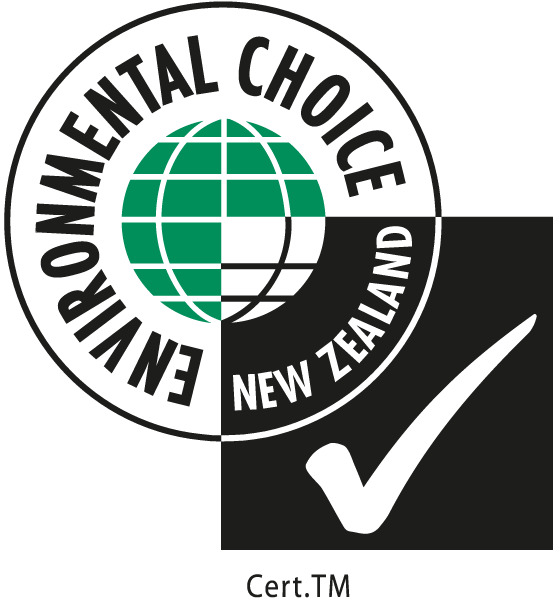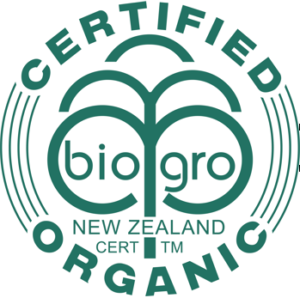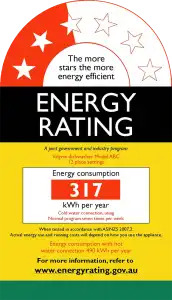New Zealand
New Zealand overview
The New Zealand Sustainable Business Council helps businesses in New Zealand become more sustainable, including the use of technologies. Top issues include methane mitigation in the agricultural sector and water quality and management. There is also high demand for water quality treatment infrastructure. Below are some some compulsory and voluntary labelling schemes in NZ.
Certification & labelling types

The New Zealand eco-labelling Trust (NZET) runs this voluntary certification. NZET is endorsed by the Government but remains independent. Environmental Choice certifies products against stringent product standards and specifications. Products covered include building and construction products, recycled products and services, toiletry and personal hygiene products, paper products, furniture fittings and flooring, cleaners and detergents and office products and services.
More info: Environmental Choice New Zealand
Green credentials & standards



